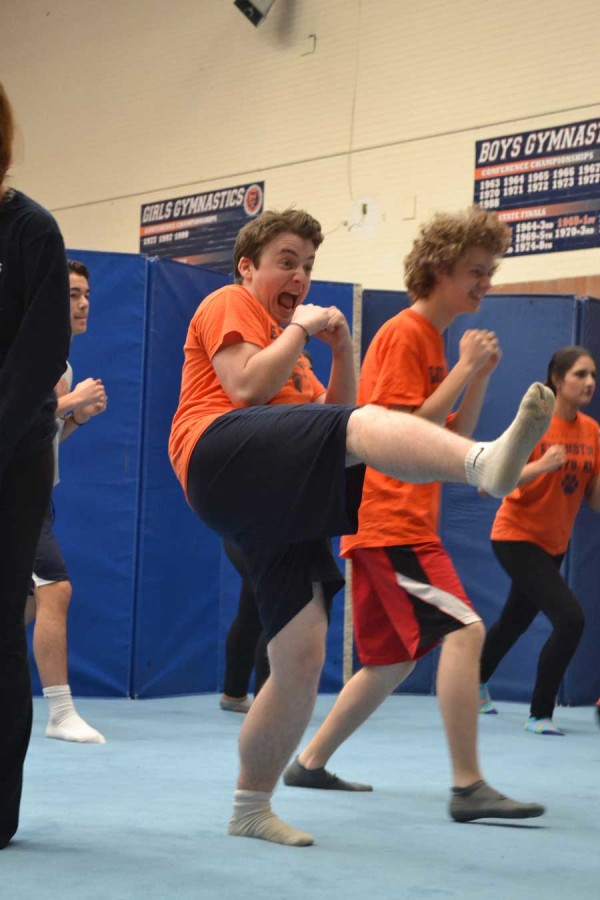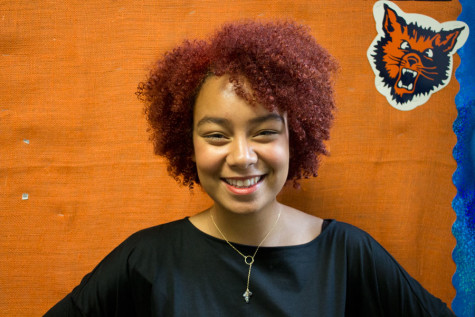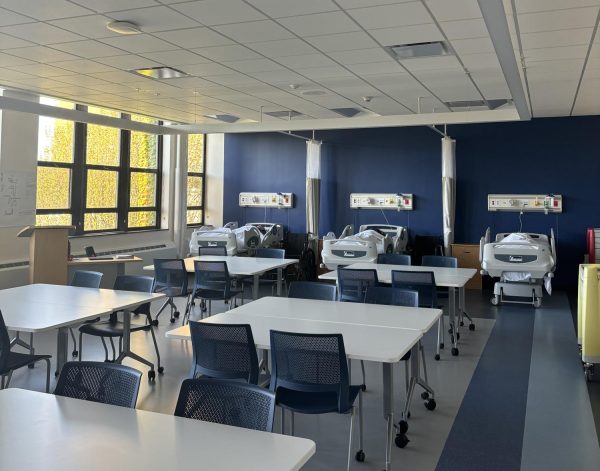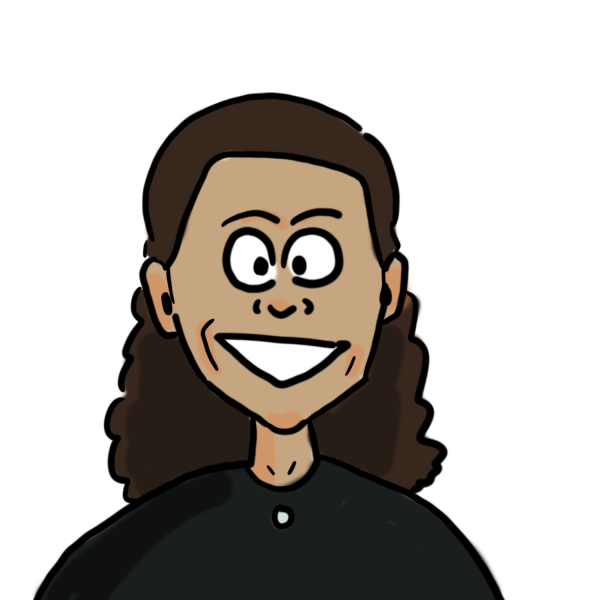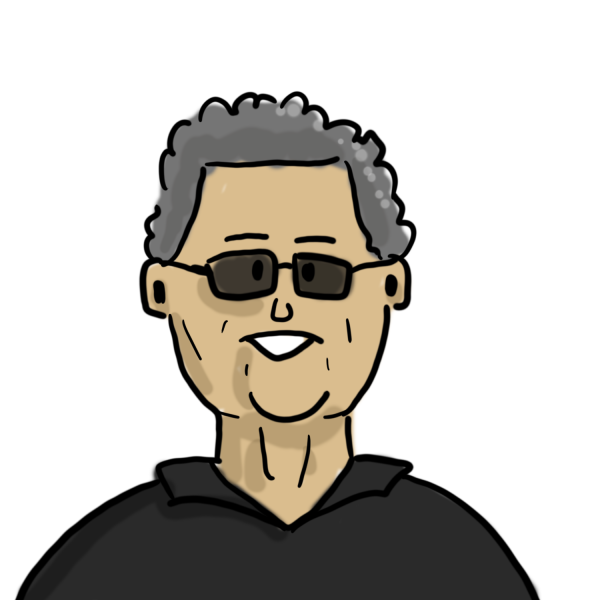Courses in development aim to increase achievement
Class selection just got harder.
Seven new courses from PE to Math are in development for next school year, offering more choices than ever.
“This year’s changes are designed to create strong pathways,” explained Peter Bavis, Asst. Spt. for Curriculum and Instruction.
The decision to create the courses was a combination of problem solving and teacher initiative. “Sometimes we need to figure out how to solve a problem,” said Bavis. “But teachers also have great ideas.”
First announced at the District 202 Board of Education meeting on Monday, Nov. 23, the courses include Advanced Vocal Ensemble, History of African Americans to 1877, History of African Americans Since 1877, The Chicano Movement, College Algebra, PE Blender and Bilingual Physical Science.
Increasing academic achievement is a main focus of the new courses. In alignment with District 202’s equity goals, new courses like History of African Americans Since 1877 are part of an initiative to foster achievement, particularly of African American and Latino students.
With courses designed to respond to student needs, some are calling for more student voice in the process. For freshman Kimberly Jolie, student interest is central to the process. “I definitely think students should play a role. It would allow them to have a choice,” she explained. “Being interested in a course is much of the importance,” Jolie added.
Creating new courses isn’t easy. Course ideas first have to be approved by department chairs, then by a Curriculum Forum and the Board of Education, but previous successes have shown that the work is worth the effort.
With efforts like the Black and Female Summits and the launching of the Social Consciousness Series, students see the new courses as a shift in school culture.
“The new courses are more inclusive to a variety of people’s identities,” said Cameron English, junior. “These courses give more students the opportunity to learn about their history and culture in school.”
Your donation will support the student journalists of the Evanstonian. We are planning a big trip to the Journalism Educators Association conference in Philadelphia in November 2023, and any support will go towards making that trip a reality. Contributions will appear as a charge from SNOSite. Donations are NOT tax-deductible.


